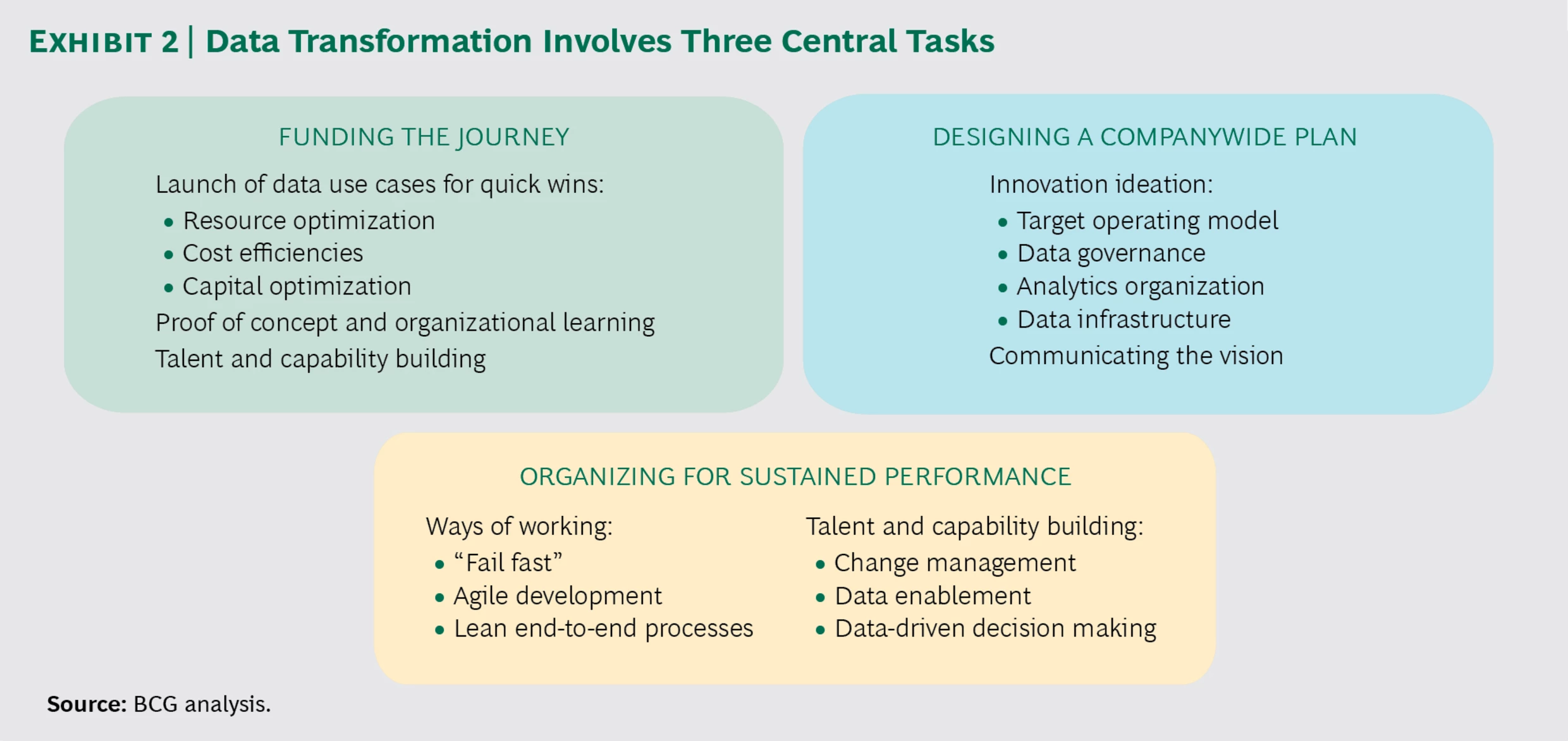The Industrial IoT is expected to add approximately $14 trillion to the worldwide economy by 2030. However, there is an important gap between applying these technologies in organizations and the ability to capitalize on their full potential.
For many manufacturers, the IoT is overwhelming, a fancy word that is somehow supposed to transform the industry. They find it difficult to believe that the IoT is real and achievable in their specific manufacturing industry. However, thanks to Worximity technologies, the IIoT moves from a theoretical framework to a practical application. Here are 9 ways the Industrial IoT is transforming the workplace.
Predictive Maintenance
Generally speaking, equipment or machine maintenance is time-consuming and adds costs. This is because a breakdown in the machinery stops the whole production process. Traditionally, a manufacturer relied on luck, hoping that the director of maintenance would somehow notice the problem before it occurred or try to fix it as fast as possible.
The Industrial Internet of Things allows you, as a manufacturer, to consistently monitor your equipment. Instead of sending someone to service a machine at set intervals, the IIoT enables you to check for changes in temperature, vibrations, noise and cycles, and detect a potential breakdown before it occurs. The director of maintenance can thereafter plan each maintenance period, for example, after 8000 cycles. This way, you can take into account the production schedule, and make sure the repair expertise, equipment and spare parts are available when you need them.
Simply put, predictive maintenance saves on labor costs and time.
Automatic Data Collection
The Industrial IoT enables you to install different types of sensors, such as temperature, humidity, number of units and pressure on machines, to collect data automatically and monitor all production lines.
Connecting all aspects of your factory, i.e., equipment, team, systems and software, reduces disparities and errors in production.
Real-Time Information for Quicker Reactions
The Industrial IoT enables you to collect data from just about every device and piece of equipment in your factory. This means you can use this information to your advantage. Connected manufacturing means you can keep track of operations in real time. Having the relevant data makes it possible for you to prevent slowdowns and overtime.
Daily goals are met because the production floor, managers and other employees have access to real production numbers. You will also save on time and energy, which is a big plus.
Sharing Knowledge with the Industrial IoT
Over the years, manufacturers have understood that mobile phones are extensively used to share information. Building on this common usage, you can customize mobile applications and IIoT technology to help workers share their knowledge. These applications may include videos that can be distributed to train new employees on how the production works and which KPIs to keep in mind as the day goes on.
Best practices and ways to handle new equipment in the factory can also be shared between shifts through different devices.
Mobile Devices
As pointed out earlier, mobile phones connected to the IoT in various industries can provide peace of mind to many manufacturers. Email alerts and notifications can also help workers share valuable information that is crucial to the smooth running of the production process.
Managers and employees can use devices such as iPad devices and tablets to fill out forms and send reports. This can be a simple way to save time and make your daily activities more efficient. Many applications and software programs are now available on the market to help you run a smart factory.
Monitoring and Engaging Using TV Displays
It’s likely that the concept of connecting devices to a machine is not new to you. The IIoT, on the other hand, changes everything. Both a firm’s employees and its management benefit greatly from access to information in real time to help them improve their performance.
With the IIoT, it is now possible to install TV displays near every work station or in every production line to share real-time data... Think of dashboards showing specific metrics you want everybody on the floor to keep in mind. You can then ensure that the entire organization is working towards the same goals.
Academia and New Hybrid Specialties
Now, with the Industrial IoT, there are new programs in colleges and universities which combine electronic and computer science or engineering and data science. Because the workplace keeps getting more and more connected, we can expect jobs to be based on new hybrid competencies in the coming years. The future is bright for people who are considering a career in the industrial sector. These jobs will certainly need qualified employees to work with these new technologies!
Made-to-Order and Customization
When all equipment is connected in real-time, you have the ability to accept and process orders as they come. This will prevent you from producing a whole lot of products that might not be necessary.
Another advantage of integrating IIoT technologies into the factory is that you can customize the products based on what customers want. As you progress, the IIoT system helps you understand what your customers need and when they need it, so you can tailor your production accordingly.
As you can see Industrial Internet of Things is taking over basically every workplace. And there is no sign the revolution 4.0 is going to slow down in the next few years. Are you ready to jump in?

















